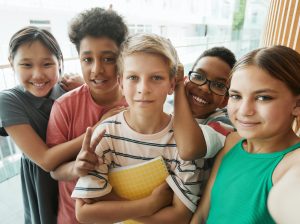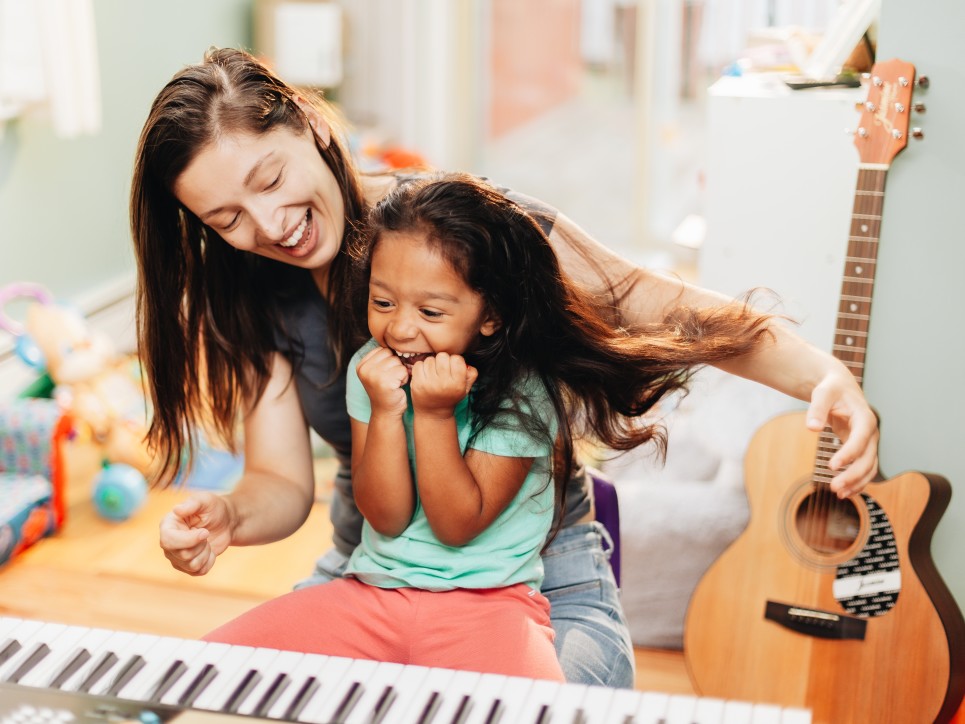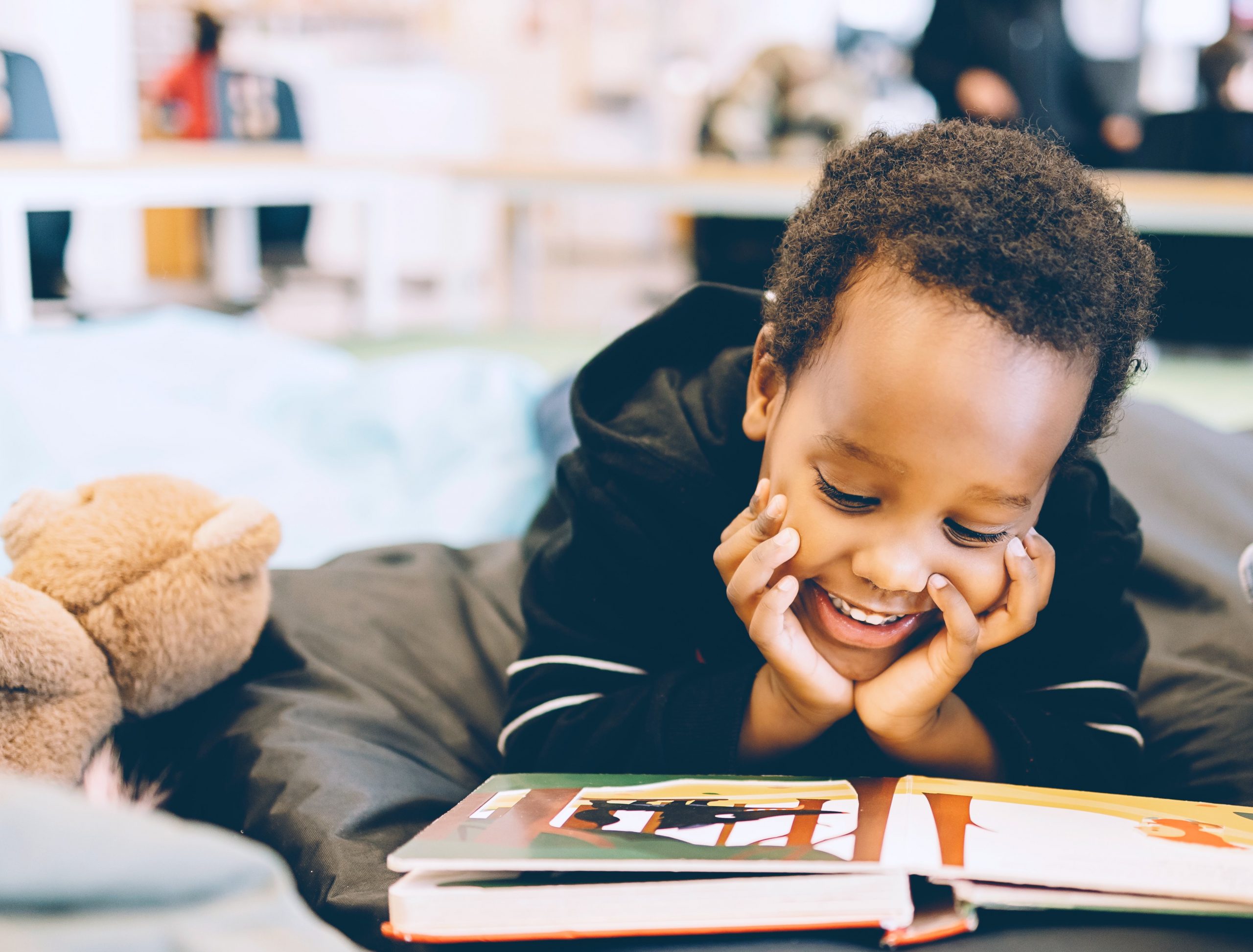Restoring What the Pandemic Took: Social and Emotional Learning for Kids
 My 9-year-old’s previous school tried to teach him skills such as self-regulation and empathy, but in practice the whole thing felt like just another item on his busy teacher’s daily checklist. But when my son switched schools last year, I saw how effective SEL can be. Like most kids, he entered the 2021-22 school year socially and emotionally bruised by the pandemic.
My 9-year-old’s previous school tried to teach him skills such as self-regulation and empathy, but in practice the whole thing felt like just another item on his busy teacher’s daily checklist. But when my son switched schools last year, I saw how effective SEL can be. Like most kids, he entered the 2021-22 school year socially and emotionally bruised by the pandemic.
Unlike the previous school that focused on learning how to regulate behavior, his new school’s SEL curriculum put relationships at the center and wove these lessons into everything they did.
Individual pursuits such as self-control and resilience were present but always part of a larger aim to improve personal and communal connections.
Experts note that many children, in addition to being behind academically, have also experienced what might be thought of as a social and emotional learning loss. Emerging research suggests the same. For some, it means clinical anxiety and depression. For most, it means small to medium setbacks in kids’ ability to do things such as taking on new responsibilities, trying new things or making friends.
What is SEL?
SEL aims to teach kids what CASEL, the Collaborative for Academic, Social and Emotional Learning, calls “core social and emotional competencies.” The organization breaks them down into five main areas: self-awareness, self-management, responsible decision-making, social awareness and relationship skills.
SEL can take place informally and formally through conversations, exercises and activities. Experts say that no one-size-fits-all program is best for any school or community, but that cramming SEL into one short session during the day should be considered a red flag.
“Schools have increasingly started to understand children’s behaviors better,” said Anya Kamenetz, an education reporter and author of the upcoming book “The Stolen Year: How COVID Changed Children’s Lives, and Where We Go Now.”
Research on SEL shows that it can help kids academically as children learn to focus, self-regulate, have better classroom behavior and build positive relationships with their peers and teachers. When children feel cared for at school and believe their teachers and fellow students have their best interests in mind, they are more willing to take on academic challenges.
Why our kids need it now
Two-plus years into Covid-19 and many of our kids are lonely and exhausted, said Aaliyah A. Samuel, CEO of CASEL.
Kamenetz said the teachers and school leaders she’s spoken with are also seeing more of what they call “regressed” behaviors, such as kids bringing toys to school at older ages. There are also many reports of kids seeming socially overwhelmed at school and escaping by hiding in the bathroom or behind the screens of their phones.
Teachers and principals may be tempted to ignore such behavior and focus only on catching children up academically, Maurice J. Elias, professor of psychology at Rutgers University said. But doing so risks children falling even more behind.
“We are preparing our kids for a future, and we don’t know what it is going to look like,” Samuel said. “The world is changing fast … and we need to help our kids be flexible and nimble to handle those changes in the world as they happen. Because change is inevitable.”
What can parents and caregivers do?
Parents and caregivers worried about their children’s SEL learning loss can start by asking the school and teachers about their program, Kamenetz said. Ideally their approach is an integrated one, woven through the day, with lots of different facets that reach children in different ways.
There might be moments when they learn to label and manage their emotions, when they learn to work together, when they learn to respect other children, including those different from them, and when kindness and empathy are rewarded.
Parents and caregivers can work with teachers to figure out their kids’ strengths and weaknesses and try to weave these lessons into the home.
Excerpted from “Restoring What the Pandemic Took: Social and Emotional Learning for Kids” on CNN. For more details, read the full article online.
Source: CNN | Restoring What the Pandemic Took: Social and Emotional Learning for Kids, https://www.cnn.com/2022/07/23/health/back-to-school-sel-parenting-wellness/index.html | © 2022 Cable News Network
Do you need someone to talk to? To schedule an evaluation or to get advice about your child’s or teen’s challenges, call or email a CHC Care Coordinator at 650.688.3625 or careteam@chconline.org CHC teletherapy services are available now.





